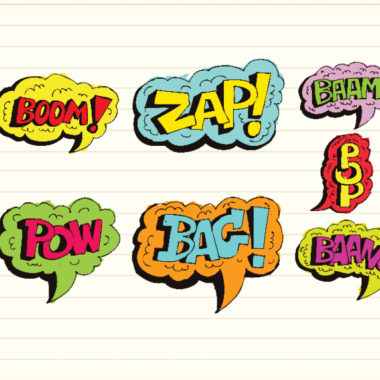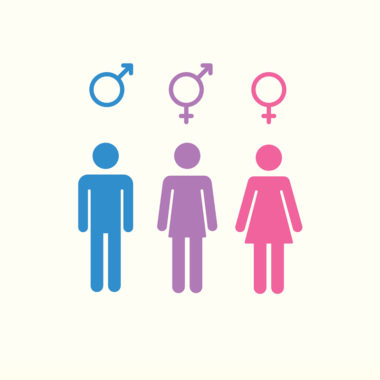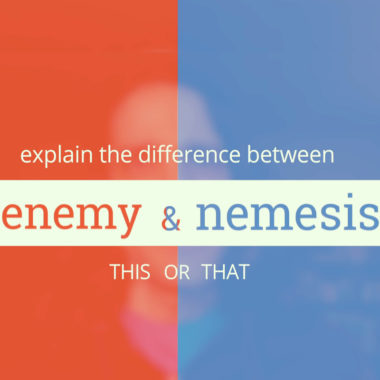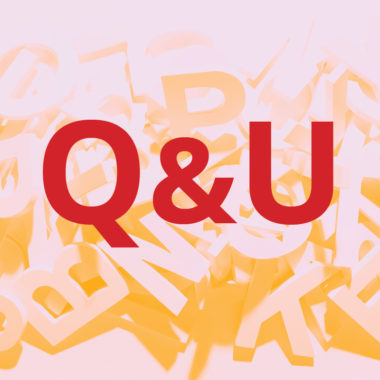Did You Know How This Word Was Formed?
Words are funny things. For one thing, they are always changing. Consider lit, which, conventionally, refers to “lighting something up, e.g., a lit candle.” But, in slang, lit means something is “excellent.” It’s hot, it’s on fire—which are just more examples of how we play with words. For another, they keep secret stories of the past. Did you know daisy literally means “day’s eye,” named for the way …











